For Karen Hood, the 2022 announcement of a new US$188 million Translational Science Hub partnership with the Queensland Government, The University of Queensland and Griffith University to bring next-generation mRNA vaccine research to Australia was a groundbreaking one.
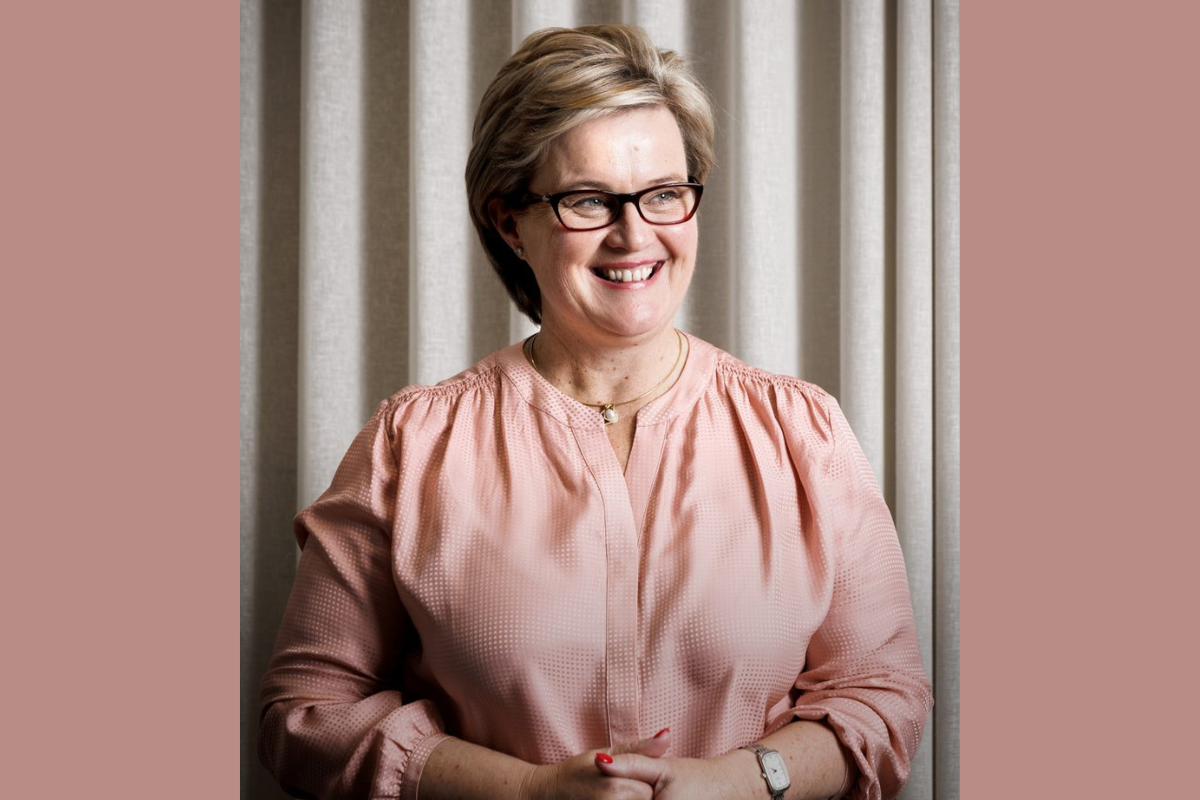
“Previously, we were investing in clinical trials in Australia, but the bench top research that comes before clinical trials was all overseas,” Hood, the Country Lead at Sanofi Australia and New Zealand, tells The CEO Magazine.
Through the Translational Science Hub, world-class researchers in Queensland will link with scientists at Sanofi’s mRNA Centre of Excellence in France and the United States.
“This will create a unique global vaccines R&D network focused on mRNA technology and translational science,” she explains. “It’s a first-of-its-kind partnership in Australia and one that we’re very excited by, because it will have considerable, positive societal impact.”
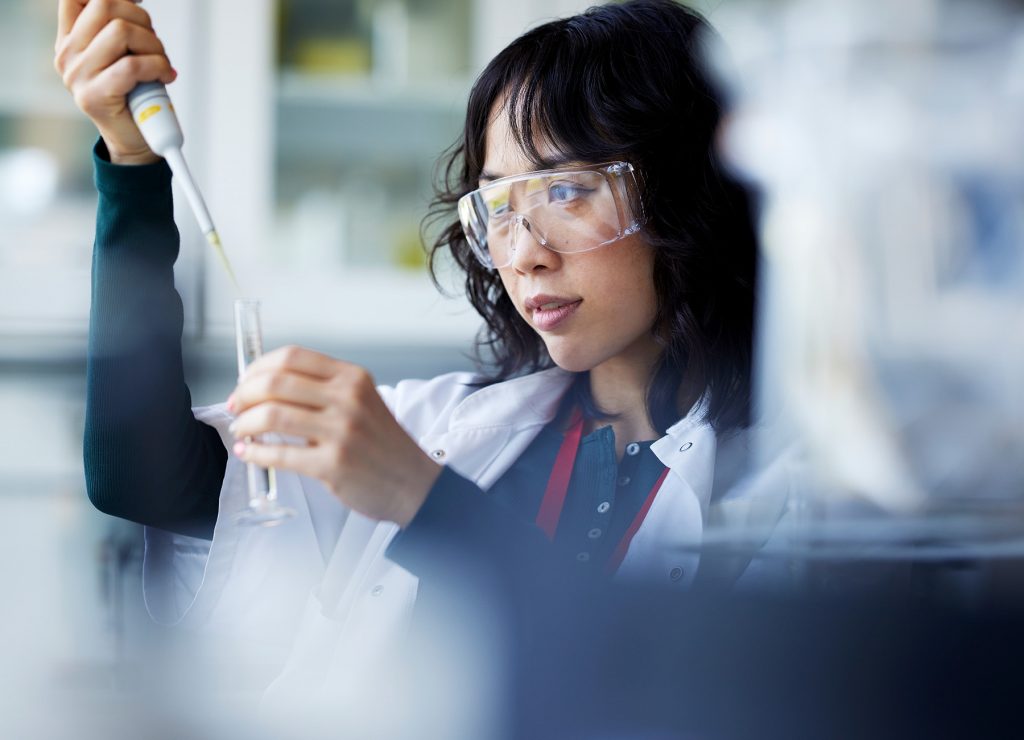
Investing in Australia
The move positions Sanofi as one of the few major global and innovative medicines and vaccines companies investing in early phase research and development in Australia.
“The Translational Science Hub is an industry first because we are actively connecting Australian medical scientists with our experts in France and the United States to deliver bench-to-bedside research on home soil,” she says.
Not only will the “massive investment” provide new opportunities for Australian scientists to work on global medical research programs without having to leave the country, it also backs Australia’s desire for greater sovereign manufacturing.
“As Australia moves through the pandemic and seeks to diversify its economy, we’re focused on constructively supporting those efforts,” she says. “It’s well known that Australia sees medical innovation as an important industry for the future.”
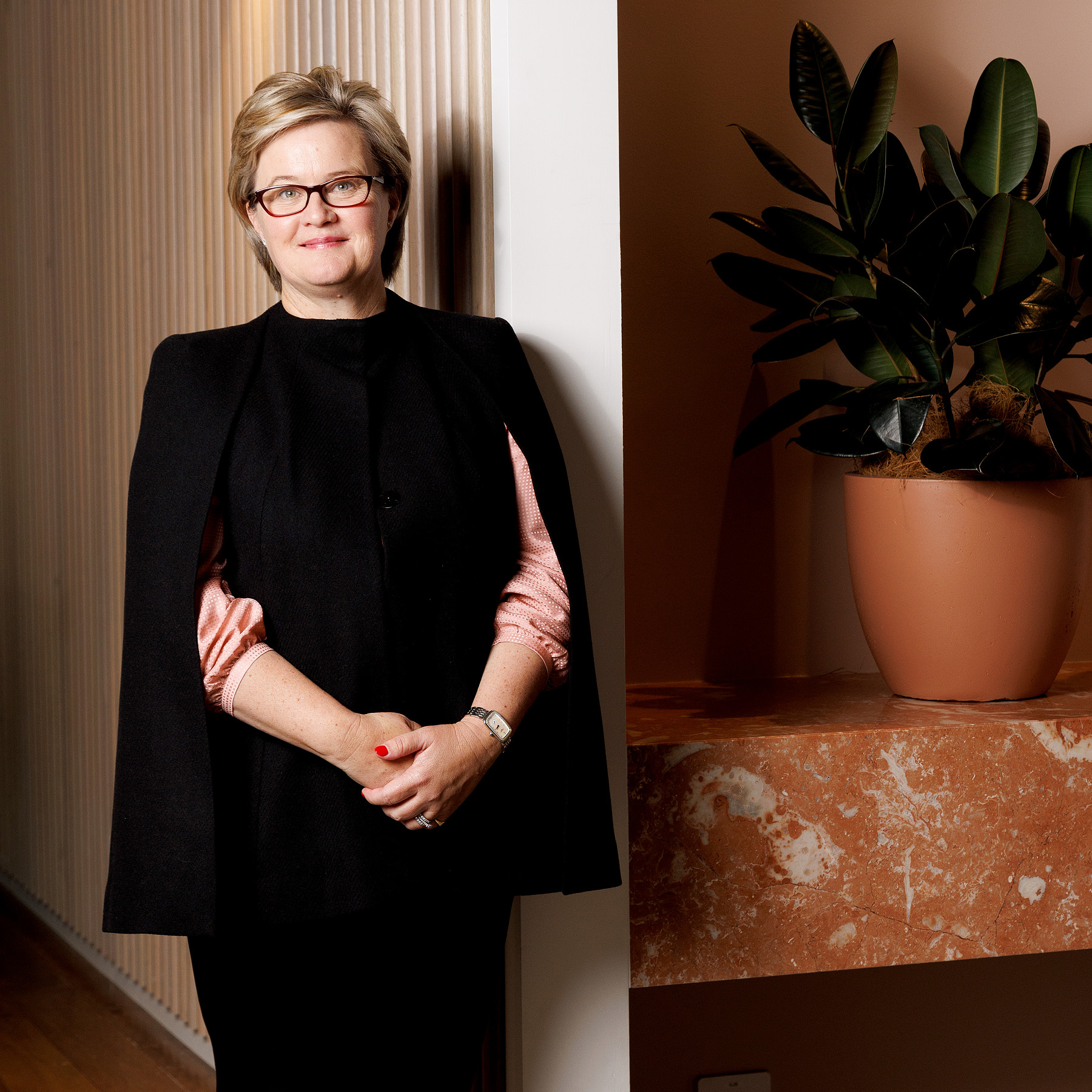
The translational science hub is an industry first because we are actively connecting Australian medical scientists with our experts in France and the United States to deliver bench-to-bedside research on home soil.
While policies have been adopted to make the country a more attractive investment option, to date its healthcare system has lagged behind other countries in terms of overall contribution to scientific, technological and medical innovation and access to new treatments, Hood explains.
“The question of how Australia can actively attract greater commercialized medical R&D investment while at the same time ensuring sustainable access to innovative medicines and vaccines is one that requires constructive and collaborative discussion to answer,” she says.
And, as medical innovators, assisting those discussions is one of her primary areas of focus for Sanofi.
“Getting the answers to those questions right will ultimately ensure that Australians are able to access innovative medicines on similar timelines to their peers in Organization for Economic Cooperation and Development [OECD] countries,” she says. “This is something that the country is currently struggling to do.”
Sustainable steps
Alongside its investments in Australia’s medical R&D infrastructure, Sanofi is making continued advances in its ESG efforts. Hood says that business and societal impact considerations are intrinsically linked in one strategy.
“There’s no doubt that ongoing progress in our ESG performance is vital for our business to succeed and grow in a sustainable way,” she says.
Among its initiatives is the installation of 1,500 solar panels at its Brisbane consumer healthcare manufacturing campus in 2022, alongside a promise to double its green energy commitment at the site.
“Once complete, that solar farm will save about 1,400 metric tons of CO2 and deliver two gigawatt hours of electricity, which is more than 25 percent of the site’s annual electricity needs,” she says.
In addition, 100 percent of its car fleet is now hybrid.
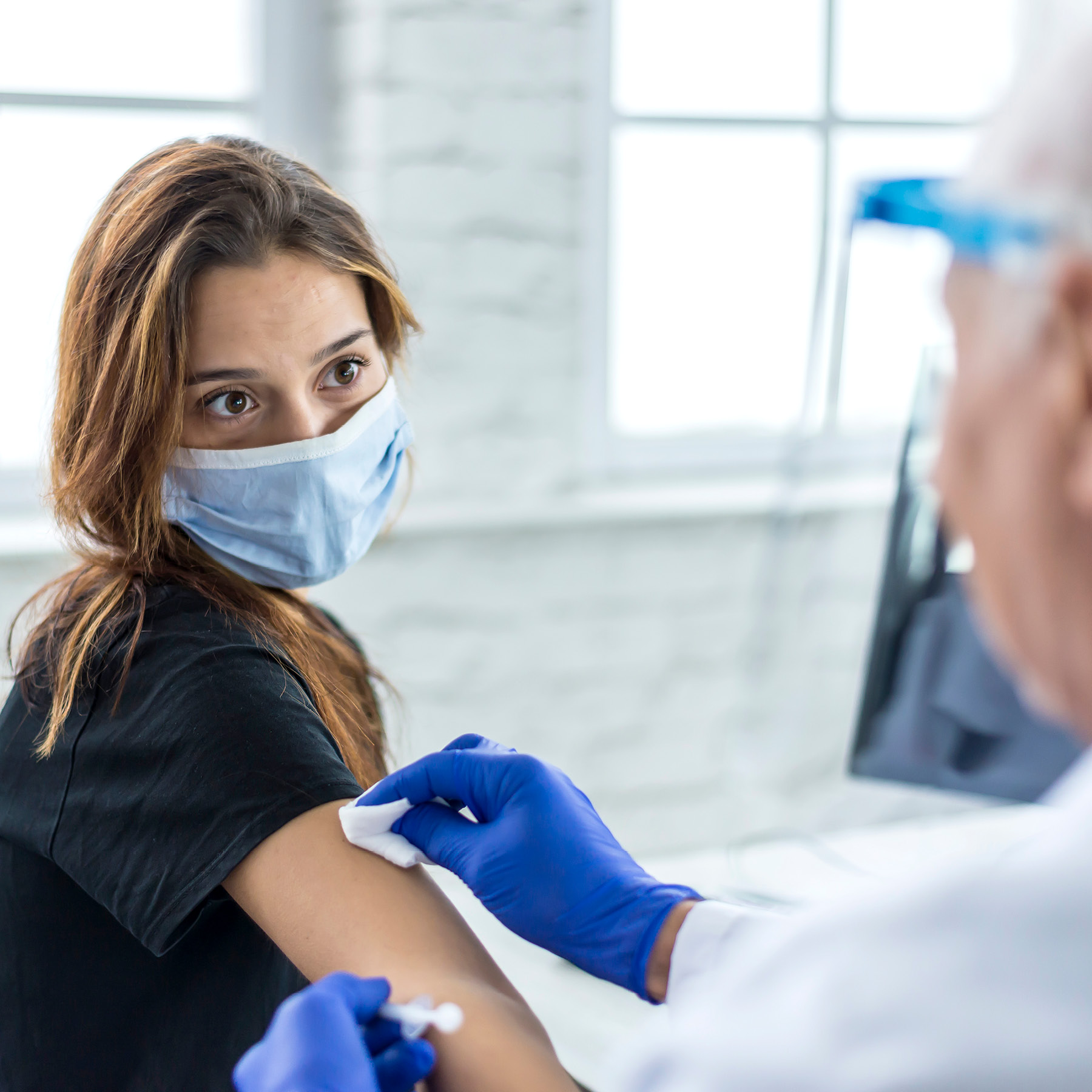
There’s no doubt that ongoing progress in our ESG performance is vital for our business to succeed and grow in a sustainable way.
The business also launched an industry-first partnership with Return Unwanted Medicines.
“This reflects our accountability for product stewardship and also aims to help raise awareness of the environmental impact of incorrect disposal of unwanted and out-of-date medicines,” she says.
“We are proud to support the National Aboriginal Community Controlled Health Organization’s [NACCHO] scholarship program for pharmacy students,” she continues.
Sanofi’s With Vaccines Community Grants program also supports not-for-profit organizations in their efforts to improve public health via community based vaccine education programs.
Global efforts
“In Australia, our teams aren’t standing still. At a global level, we are building the road to carbon neutrality by 2030 and net zero by 2045, with plans to remove all plastic blister packages for syringe vaccines by 2027, an eco-design approach to all new products by 2025 and see all Sanofi sites using 100 percent electricity from renewable sources by 2030,” she says.
“We have also launched Sanofi Global Health, a non-profit within the company, to provide 30 of our medicines in 40 of the lowest income countries.”
In 2022, Sanofi was recognized as one of the most sustainability committed companies in an ESG Evaluation performed by S&P’s Global Ratings. Earlier this year, for its leadership the company was awarded the Sustainable Market Initiative’s Terra Carta Seal, which is an award that recognizes global companies driving innovation and demonstrating their commitment to the creation of genuinely sustainable markets.
Diversity, equity and inclusion
Sanofi’s first global Diversity, Equity and Inclusion (DE&I) board has been incepted to provide counsel on global inclusion efforts. “We know from our experience that welcoming and engaging a diverse workforce and leadership team helps us achieve better results overall,” she says.
“Our Australian DE&I programs are also industry leading,” she continues. “We are certified as a Family Inclusive Workplace, have released an industry first Gender Affirmation Policy and were the first in the industry to release an Accessibility Inclusion Plan.”
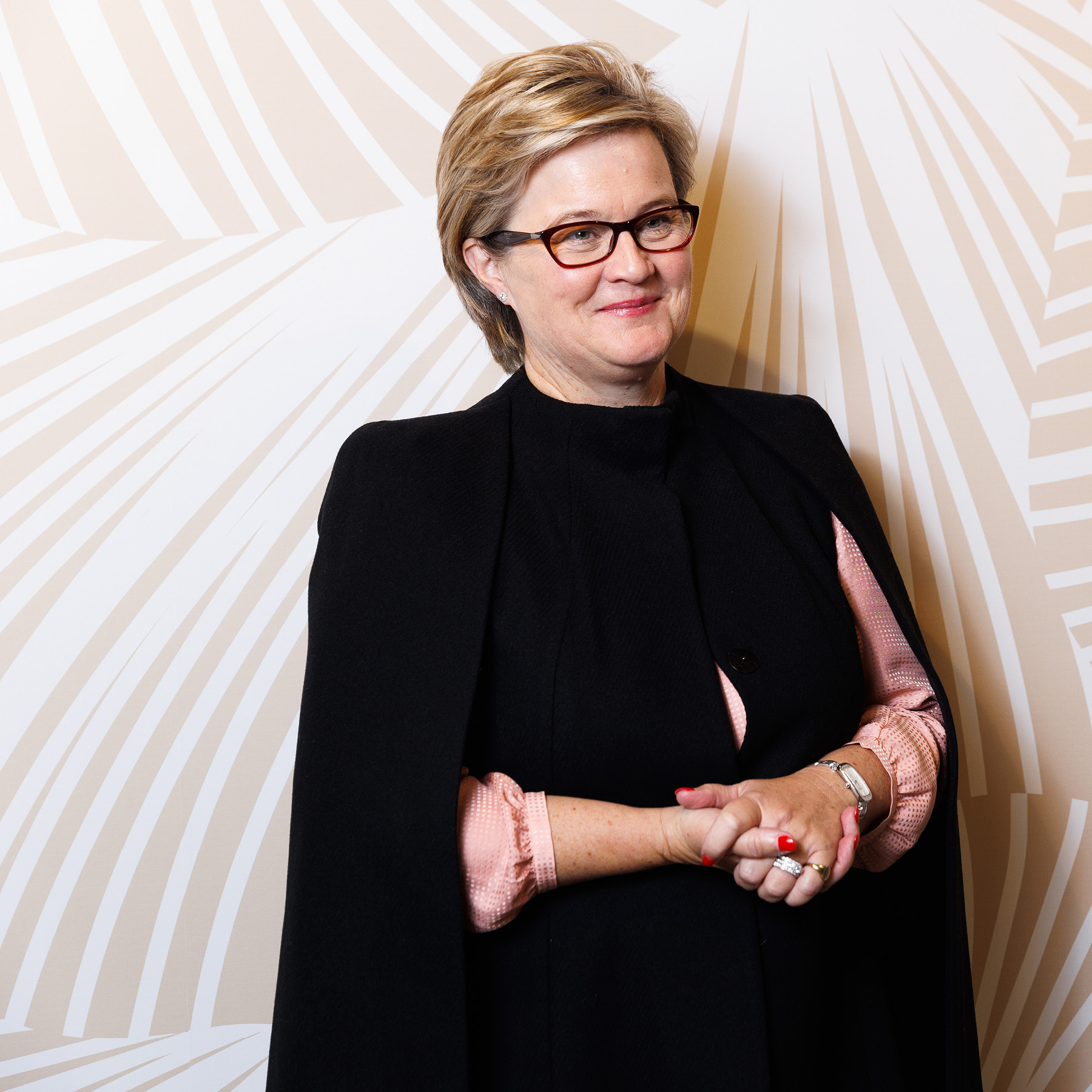
Our commitment to marrying our business and social impact strategies makes us a healthcare leader for the future.
In a competitive talent market, such programs give Sanofi a leading edge. “I’m incredibly proud of the great strides we have taken across our ESG agenda,” Hood says.
“Whether it’s our investment in new solar farms; collaborations with not-for-profit groups to improve environmental and community health; support of greater economic participation for First Nations people; leading diversity, equity and inclusion programs; or commitment to hearing the patient voice from the earliest stages of therapy development, our commitment to marrying our business and social impact strategies makes us a healthcare leader for the future.”


